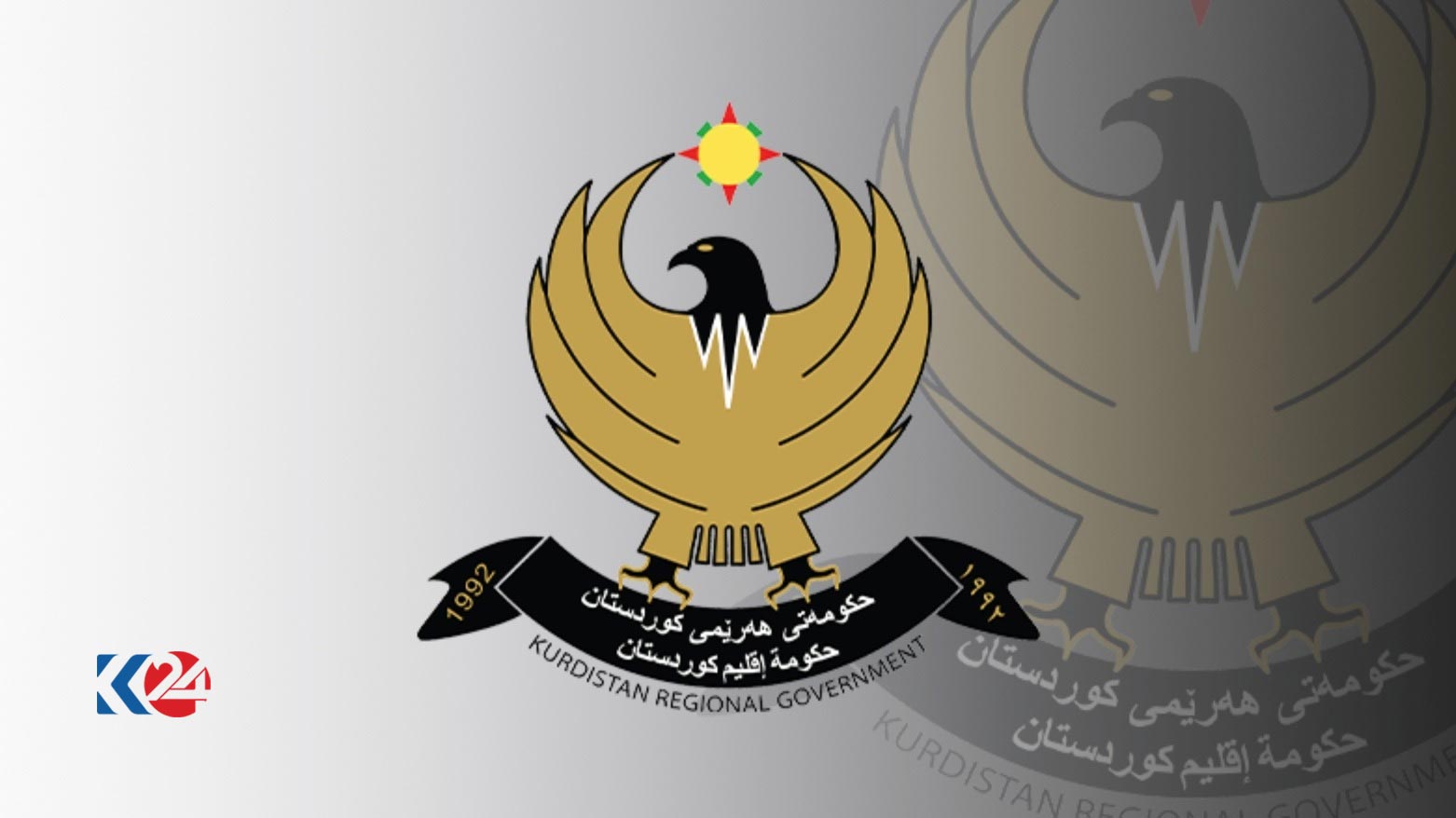Kurdistan Region expands seismic monitoring network to enhance earthquake preparedness
Recognizing the vast geography of the Kurdistan Region, Ibrahim emphasized the need for additional stations in the future. “The territory of the Kurdistan Region is large, and more stations will be required,” he said.

ERBIL (Kurdistan24) – In a significant step toward improving earthquake monitoring and preparedness, the Kurdistan Regional Government (KRG) has successfully expanded its network of seismic stations, a move that will enhance the region’s ability to detect and analyze seismic activity.
Fazil Ibrahim, head of the Kurdistan Region's Earthquake and Meteorological Department, announced on Tuesday that the number of seismic stations has increased from just one—previously located on Mount Azmar in Sulaimani—to 13 fully operational stations across the region.
Recognizing the vast geography of the Kurdistan Region, Ibrahim emphasized the need for additional stations in the future. “The territory of the Kurdistan Region is large, and more stations will be required,” he said.
Strengthening Local Earthquake Analysis
With this advanced monitoring system, the Kurdistan Region will no longer rely on external sources for earthquake data. Instead, the KRG will become the primary source of seismic information, allowing for faster and more accurate reporting.
“This system collects data and analyzes it,” Ibrahim explained. “From now on, the KRG will be the source of information on the occurrence of earthquakes.”
In addition to real-time tracking, the new stations will generate detailed seismic maps, identifying areas with frequent earthquakes. This information will play a crucial role in predicting potential seismic activity and mitigating risks.
Enhancing Safety and Infrastructure Planning
Beyond earthquake detection, this expanded network will provide essential data for infrastructure projects. Whenever the KRG plans to build a dam or undertake major construction, the system will assess earthquake risks in the area, ensuring safer and more informed development decisions.
This investment in seismic monitoring marks a major step forward in safeguarding communities and enhancing disaster preparedness, demonstrating the KRG’s commitment to public safety and scientific advancement.
